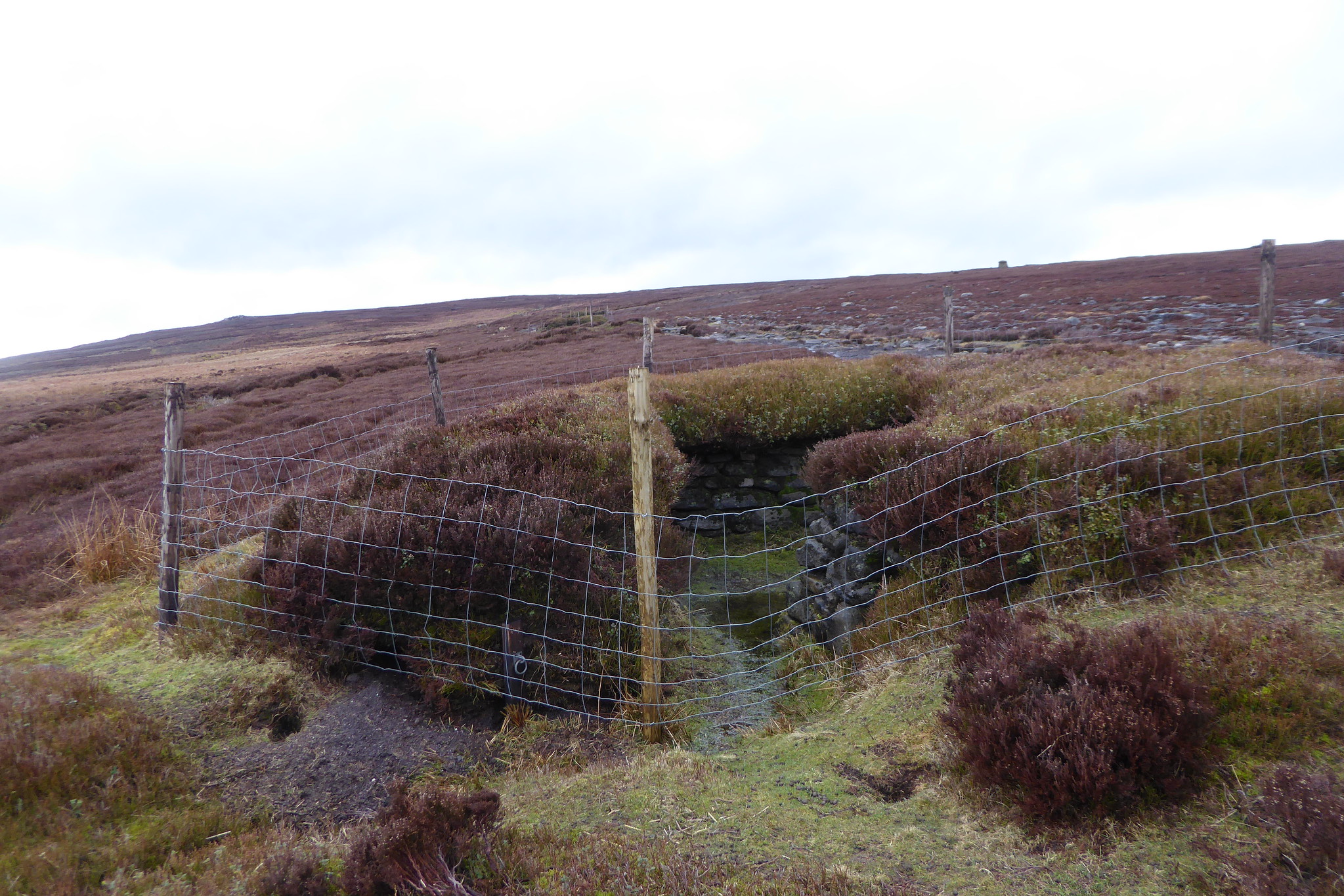
Comment Writer Elliott Haywood discusses the decision of the government to make grouse shooting exempt from the rule of six, arguing that the sport is damaging to the environment
We have all had significant restrictions imposed on our lives for months now. We were unable to see family members, university students have seemingly been scapegoated for the recent rise in infections, and now there are fears that it will not be possible for us to see loved ones this Christmas. But if you want to go out head to toe in tweed, with a double-barrelled shotgun and as many of your wealthy friends as you can muster, then knock yourself out, because it turns out that everyone’s favourite pastime, grouse shooting, is exempt from the new rule of six.
Grouse shooting is unlikely to be solely responsible for a large number of new infections, but this decision certainly raises the question of why this activity has been singled out as an exemption? Ostensibly, it is because grouse shooting is considered a ‘sport’, but in my opinion, standing in a shooting butt whilst paid ‘beaters’ force grouse to fly towards you does not sound like it should be in the same vein as a kick-about on the park. This decision should be called out for what, in my opinion, is thinly veiled Tory cronyism.
“This decision should be called out for what it really is, in my opinion, thinly veiled Tory cronyism
To understand just how perverse this decision is, it is important to understand who owns these grouse moors. The organisation Who Owns England revealed that half of all grouse moors are owned by the aristocracy and the gentry, with Michael Gove reportedly having meetings with moor owners, some of which had made donations to the Conservative party. As if this was not bad enough, the UK taxpayer contributed over £3 million in farming subsidies to the ten largest grouse moors alone. It almost goes without saying that paying £3 million to aristocrats, business owners, and hedge fund managers is a ludicrous waste of money.
The grouse shooting industry has been repeatedly criticised for the environmental damage that the blood sport is responsible for. Moors are frequently burned, damaging peat bogs, which serve to be a vital carbon sink. Gamekeepers are also notorious for illegally killing protected birds of prey that eat grouse, leading to the near-extinction of hen harriers in the UK. Calls have been made to ban the sport, or at least regulate it, with several petitions amassing hundreds of thousands of signatures collectively, you can view one of the petitions here. However, every time, the response from the government has been a vague suggestion that the sport is beneficial to the economy.
The opposition to grouse shooting had a very reasonable request. They asked that if grouse shooting is so beneficial to the economy – beneficial enough to excuse illegal and unsustainable activities – then could the government kindly perform an independent, impartial study to assess the economic benefits of the industry? The petition received 10,000 signatures, a quite significant amount for an official government petition, and signatories waited with bated breath for the response. The day finally came, and the Tories were straightforward with their reply that they would not perform the requested assessment.
Did they provide a reason for why they would not? Apparently, they would not perform an assessment because one had already been done, by the ‘UK shooting community,’ which does not sound very impartial to me. This study estimates that the industry is worth £97.7 million, a minuscule 0.0044% of the UK economy by my own calculations (multiplying the GPD by 100 to find a percentage). This figure, in my opinion, certainly does not excuse the senseless degradation of the environment.
Surely the government must have had a better defense than that? Well, there is one tenuous straw they continue to clutch to, that grouse moors contribute £250 million a year to the benefit of ‘conservation’. Whilst this sounds impressive, when it comes to finding out the details of what this ‘conservation’ involves, the paper trail seems to run dry. In my interpretation of the scarce evidence for this claim, grouse moors simply put all their effort into boosting the numbers of grouse available to shoot, and this has the by-product of being somewhat beneficial to a few other species.
“Grouse moors simply put all their effort into boosting the numbers of grouse available to shoot, and this has the by-product of being somewhat beneficial to a few other species
In my opinion, grouse moors have no intention of improving the populations of protected species, they serve their own interest and use the fact that some species benefit unintentionally as a cover-up to the sometimes illegal and damaging activities they really commit. Any protected animals that have a remote chance of killing precious grouse are unapologetically slaughtered, and it is time the government stopped making half-hearted excuses for their beloved sport.
When looking at the context and history of grouse shooting, it is not a surprise that the government decided to include it as an exempt sport. The Conservative party have repeatedly defended the insignificant industry and feigned ignorance towards the persecution of birds of prey, and environmental damage, all to keep their powerful friends content.
The campaign to ban grouse shooting has gained momentum over the past few years as more people learn the reality of the situation, and the shooters are feeling the pressure. We need more publicity for this issue, more pressure on the government, and it will only be a matter of time before the final nail is hammered into grouse shooting’s coffin.
_____________________________________________________________________________________________________________________________________
Like this story? See below for more from Comment:
How COVID-19 Deepened Educational Inequality
A-Level Results and the Deep Roots of the British Class System
Comments